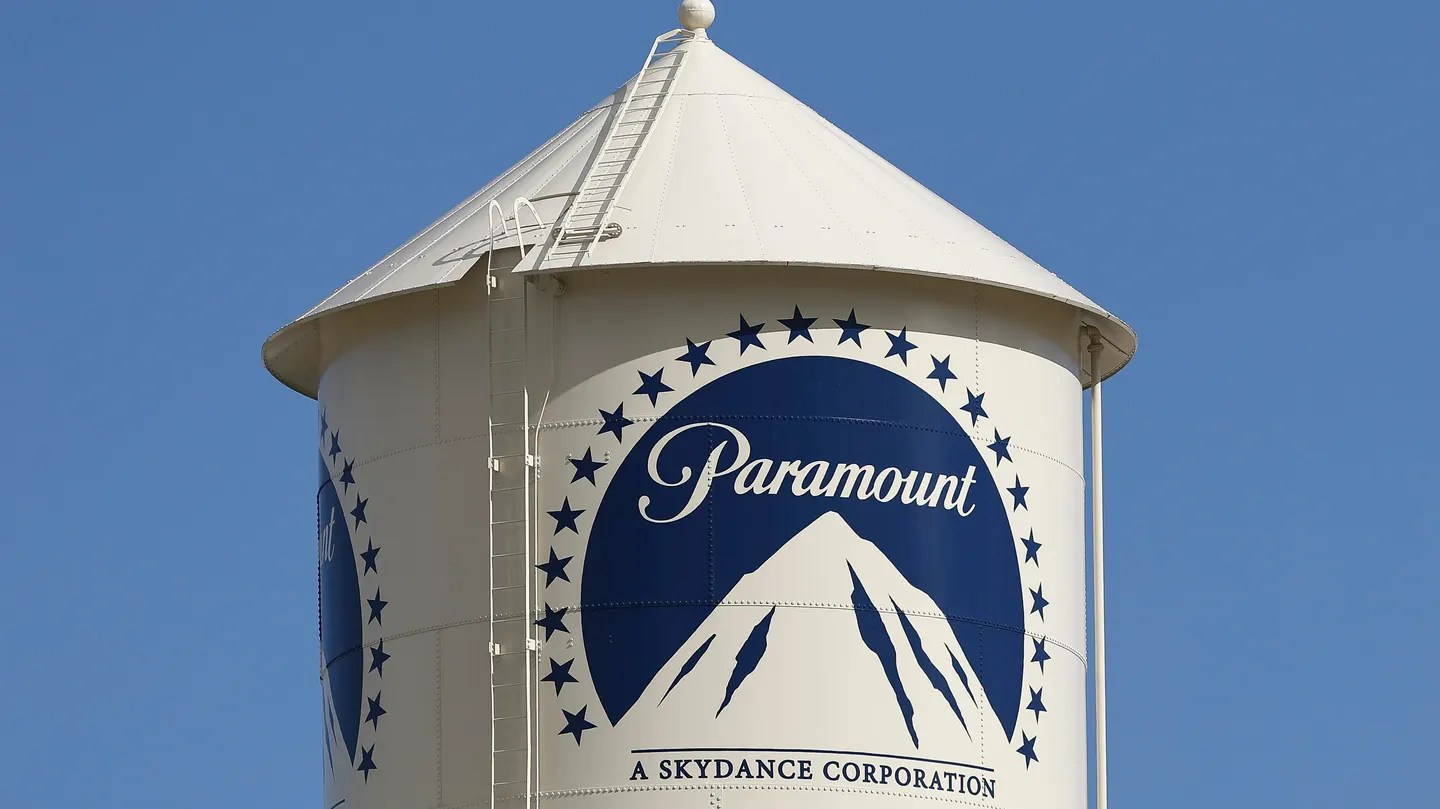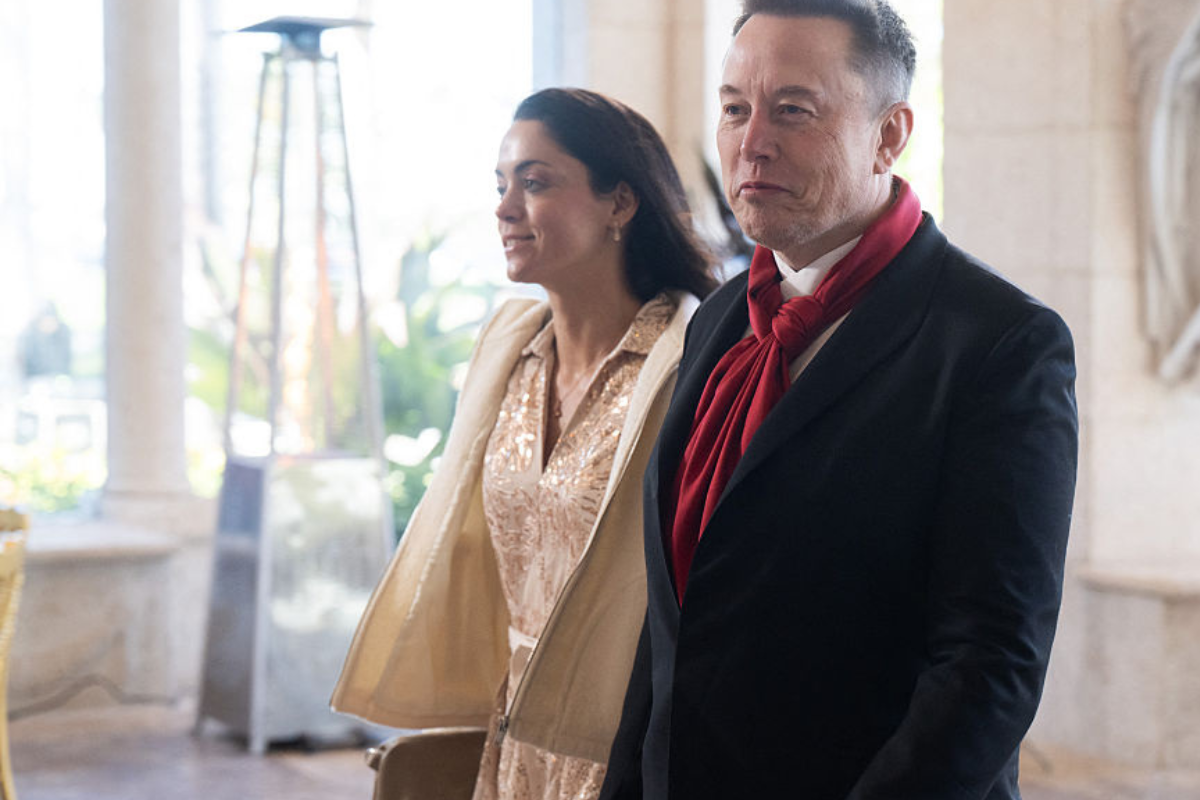The son of Taiwan legend Y.C. Wang, Walter Wang is suing his half-siblings and cousins over control of billions in assets he believes were intended for philanthropy.

“I think he expected to live to a hundred,” Walter Wang says about his famous father Y.C. Wang who died without a will. Wang says that won’t happen in his family.
Cody Pickens for Forbes
The bitter family feud among the heirs of the late Taiwanese billionaire Y.C. Wang entered a new chapter on Monday when his youngest son, Walter Wang, sued his half-siblings and cousins, alleging that “billions of assets” were being mismanaged.
Walter, who built his $2.1 billion fortune as the CEO of J.M. Eagle, a California-based manufacturer of plastic pipes, filed an “action for reformation” requesting that the District of Columbia Superior Court amends the trust to accurately reflect the intentions of his late father, one of Taiwan’s most revered entrepreneurs. Together with his brother Yung-tsai, Y.C. Wang cofounded Formosa Plastics in 1954 and built it into one of Asia’s largest petrochemical manufacturers. At the time of his death at age 91 in 2008, Y.C Wang was worth $6.8 billion.
In the lawsuit, Walter Wang contends that his father and uncle set up the trust to carry out their philanthropic vision, help the family achieve “unity” and ensure the long-term competitiveness of the U.S. business. That hasn’t happened under the four relatives, according to the lawsuit, which alleges they were only put in charge of the trust on a “temporary, transitional” basis. As of press time, Forbes had not reached, or heard back, from the defendants.
According to the complaint, the charitable giving through the New Mighty Foundation has slowed to a crawl. An analysis of the foundation’s 990s shows that the trust transferred a total of $232 million to the foundation between 2007 and 2008 (when Y.C. was still alive) and doled out $48 million during that time to promote multicultural awareness and goodwill between American and Asian cultures as well as to fund scientific research and healthcare.
Since then, no money has moved from the trust to the foundation; the foundation did receive a $24 million grant in 2022 from an undisclosed donor. The New Mighty Foundation gave $153 million from existing assets between 2009 to 2016, largely to fund schools. After that, its sole gift of $5 million went to food banks near Formosa USA’s headquarters and manufacturing operations during the pandemic. While its donations dropped, some expenses increased: the foundation spent a total of $35 million on legal fees including $20 million between 2022 and 2024.
The lawsuit is just the latest salvo in a nasty battle that has dragged on for nearly two decades. The seeds of discontent stretch back even further. Born to a tea farmer family in Taiwan when it was still a Japanese colony, Y.C. and Y.T. Wang couldn’t afford to go beyond elementary school; Y.C., who was five years older than his brother, worked as a rice delivery man and later as a teenager opened a rice store. Formosa came later; by the time he passed away in 2008, Formosa had estimated assets of nearly $90 billion.

One of his generation’s most successful entrepreneurs, Taiwan’s Y.C. Wang was known for his pithy quotes: “In life everything comes to an end: affluence and poverty, joy and sorrow…Only by doing everything in your power to be kind and help others can you leave love in the world and enrich life.”
Sam Yeh/AFP/Getty Images
Y.C.’s family life was deeply complicated.
He did not have any children with his wife of 73 years. He did, however, have five children with another woman and four with a third. There were periods of time where YC moved between two homes, causing intense rivalries. His first-born son, Winston, left Formosa in the 1990s after a falling out with his father over his own extramarital affair that became public. Winston, who founded his own electronics business, was later cut out of a seven-member committee his father formed to oversee his business empire in his final years. A number of the family members still have roles at various Formosa companies.
Y.C. Wang’s youngest son, Walter Wang, moved from Taiwan to Berkeley, California with his mother when he was nine. Walter’s older sister, Cher, was attending the University of California, Berkeley at the time. Both siblings would go on to become billionaires on their own. Cher, who cofounded Taiwanese smartphone giant HTC Corporation, was briefly ranked No. 1 among Forbes’ list of Taiwan’s richest in 2011; her fortune has since fallen below the cutoff. Walter borrowed $30 million from his father (and another $300 million from banks) in 2005 to buy plastic pipe maker JM Eagle from him and grew it seven-fold.
Formosa Plastics cofounders Y.C. and Y.T. Wang had 17 children with four different women.
It was around this time that Susan, the oldest child of Y.C.’s “third wife,” created the four Bermuda Trusts and the New Mighty Trust in Washington D.C., apparently at her father’s request and with help from U.S. lawyers; an 88% stake in Formosa Plastics USA was then transferred into the New Mighty Trust. (All of these trust documents were reportedly in English, which neither Y.C. or Y.T. could read.) Meanwhile Y.C. Wang, who was apparently in ill-health by this time, tapped his nephew William to take over as CEO of Formosa Plastics in 2006 (he remains chairman today).
Despite these moves, the billionaire – who died in 2008 at the age of 91 at his home in Livingstone, New Jersey (close to Formosa Plastics U.S. headquarters) – had no will. That prompted his oldest son Winston to file the first legal complaint in New Jersey in May 2009. But that was just the beginning. Winston has sued multiple times in the U.S. and Bermuda (as well as Hong Kong and Taiwan) attempting to invalidate the trusts and perhaps claw back the money in them to then be split among the heirs. Others in the family including the first wife and his first cousin Tony also got involved in the lawsuits, which have been ongoing for more than a dozen years.
Initially, Walter stayed out of the fray. That is until the Bermuda Supreme Court handed down its 471-page judgment in June 2022. Ultimately the judge ruled against Winston Wang, upholding the underlying validity of all five trusts but Winston did win a claim to claw back his father’s share of assets in a fifth trust that was set up after his death. (Winston is appealing.) What caught Walter’s attention was not the final ruling but testimony given by some of the plaintiffs that essentially acknowledged that the appointment of just four trust managers was meant to be temporary and that other family members were expected to eventually participate.
Hoping to negotiate an agreement that would give other family members roles, he requested via four emails sent over four months starting in October 2022 that he and the others be included in management of the trusts. When his efforts failed, he went to court, first in Bermuda in November 2023 and now two years later in Washington D.C.
According to Wang, the trusts stagnated under the quartet’s leadership. It hasn’t helped that the Taiwan conglomerate and Formosa Plastics U.S. have both sputtered of late. Shares of Formosa Plastics, which reported a net loss of $40 million in 2024, its first in decades, have lost more than half their value since 2021 and are trading around the same price they were when Y.C. died. The petrochemicals giant’s other major listed units including Formosa Chemicals and Nan Ya Plastics also saw shares slide. It was enough to push the family, listed under Y.T.’s sons William and Wilfred Wang, who have the biggest stakes in Formosa Plastics, out of the ranks of Taiwan’s richest families earlier this year. Meanwhile, pre-tax income at the $6 billion (revenue) U.S. business fell from $1.4 billion in 2021 to $157 million in 2024.
For Walter Wang, it’s not about the money. A cancer survivor who is deeply religious and has his own fortune, Wang doesn’t want the money (which was estimated at $14 billion in one lawsuit) or to break up the trusts. He is suing, he says, to make sure they are governed and managed in a way that he believes reflects his father and uncle’s true intentions. But as someone once said, hell is paved with good intentions. It’s likely still years, if ever, that any of this is resolved to everyone’s satisfaction.
Look back on the week that was with hand-picked articles from Australia and around the world. Sign up to the Forbes Australia newsletter here or become a member here.


